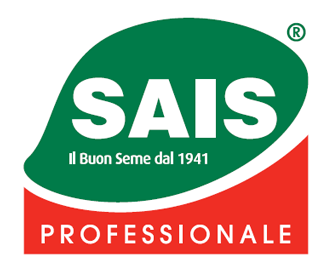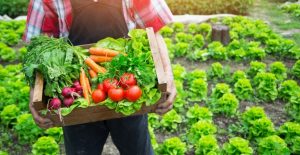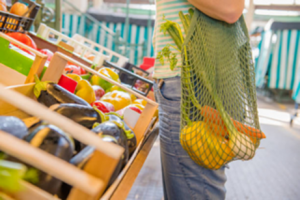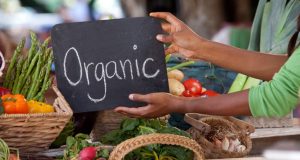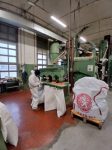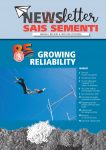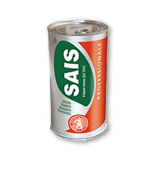NAVIGATING THE ORGANIC AND SUSTAINABLE AGRICULTURE TREND
In recent years, one trend has fundamentally reshaped our industry: the important surge in demand for organic and sustainable food products.
It is a global movement driven by conscious consumers, progressive policies, and a deeper understanding of our planet’s well-being.
This is not confined to a single crop or region: it’s a systemic shift influencing every segment of the food supply chain, currently almost stabilized depending on the countries.
The European Green Deal, sets ambitious targets for organic farming, signaling a strong political commitment to sustainable agriculture.
This has presented and still presents a unique and exciting set of opportunities for vegetable seed companies and seed distributors.
The demand for organic food begins with the seed. Traditional varieties may not always thrive under organic conditions, which often involve different soil management, pest control and nutrient strategies.
This can create a critical need for new, resilient seed varieties specifically selected or bred for organic and low-input farming systems.
SAIS is responding to this by offering a range of untreated seeds or seeds produced under organic conditions .
We are investing in our R&D, focusing on traits such as natural disease resistance, drought tolerance, and efficient nutrient uptake.
Our goal is to provide farmers with the best possible genetic tools to succeed in this demanding yet rewarding market.
Seed companies must ensure a reliable and certified organic seed supply, including certification and traceability protocol, to meet this demand, which requires meticulous planning and investment in production facilities and logistics.
In conclusion, organic and sustainable agriculture is more than a market trend; it’s a call to action, to be a part of a positive change, contributing to a healthier planet and a more resilient food system.


